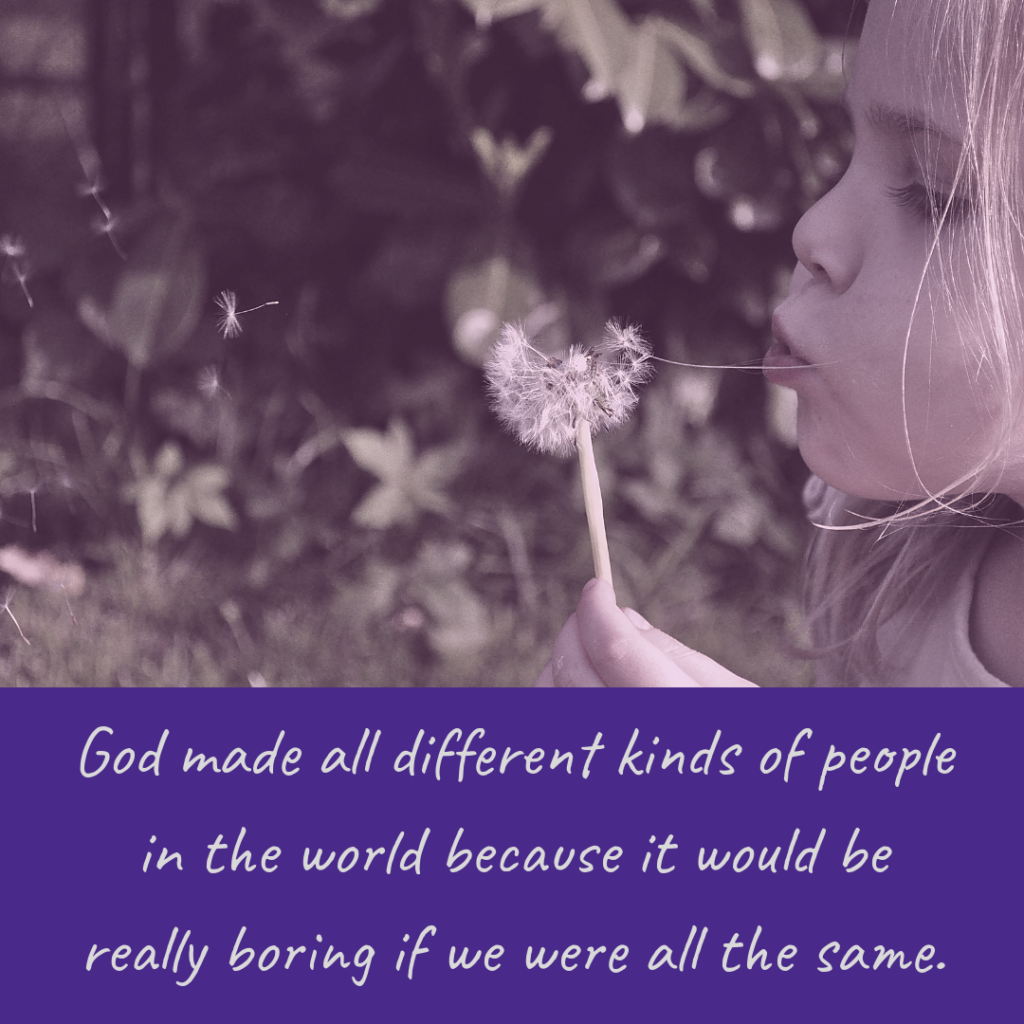
This is something I tell my daughter on a regular basis.
Talking about race can be a difficult subject these days. Writing everyone the same in our books isn’t an option. And yet, we don’t want to say anything that will hurt someone else.
There was even someone who told a certain group of authors recently that they should only write people of their own color.
Well, I call bologna. Because writing characters as all the same isn’t just boring…it’s unnatural. I mean, I write fantasy because I like to see a world beyond ours. Of course, there are ways to write people who are different from our selves in the wrong way, and I definitely make a concerted effort to avoid those pitfalls, but I refuse to be cowed into cheating my readers of all the beauty God has presented in the human race.
And to prove it, I took a risk with A Curse of Gems. Because I made Jaelle biracial.
It’s probably not a surprise that I’ve loosely based the Western Realm in the Classical Kingdoms Collection off of Europe. As I build in the world, though, and have begun to need more countries, I’ve decided to start getting a little more diverse with my characters and their histories.
With that expanding, I’ve researched to learn more about different peoples and cultures, and it’s been fascinating. With this research, however, I was encouraged to be brave and to try to write something new.
I wrote myself.
Okay, not myself exactly. Jaelle is definitely different from me in many ways (aka, she’s a lot cooler, to begin with). But I decided to do what I’ve been afraid to do up until now and wrote my mixed heritage into a character.
A mixed heritage…
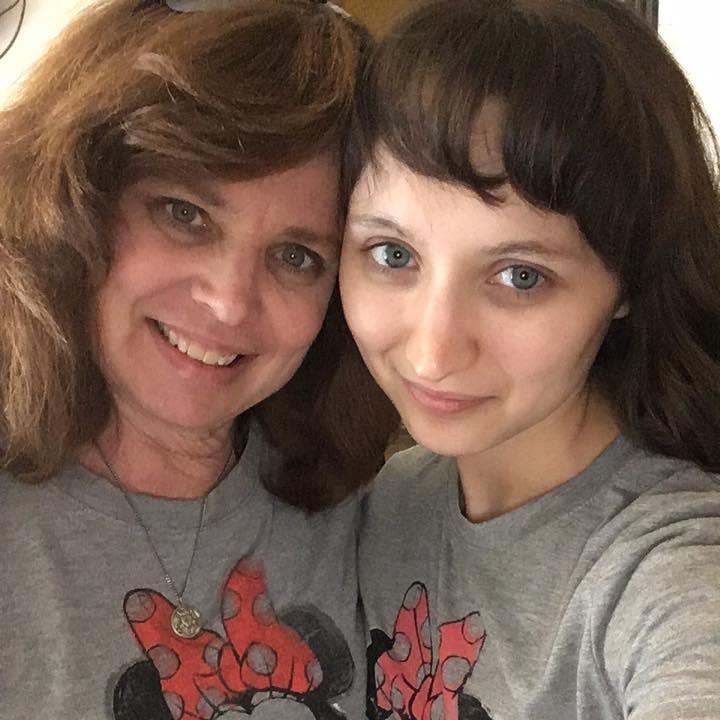
I’m about as American as they come. On my mother’s side, I’m a daughter of the American Revolution, complete with an ancestor (a Quaker cobbler) who took pity on George Washington’s men during the Revolutionary War.
He felt so sorry for them that he made them shoes, and his Quaker community threatened him with death for aiding the war effort. Washington was concerned enough for his safety that he took him with them the next time the Continental Army made its move.
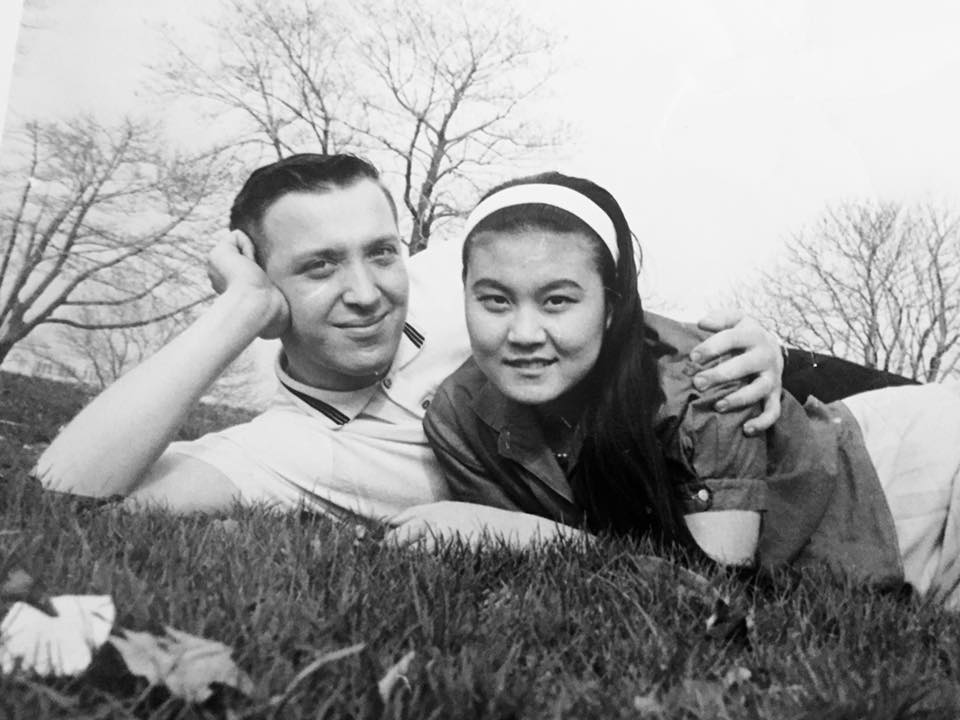
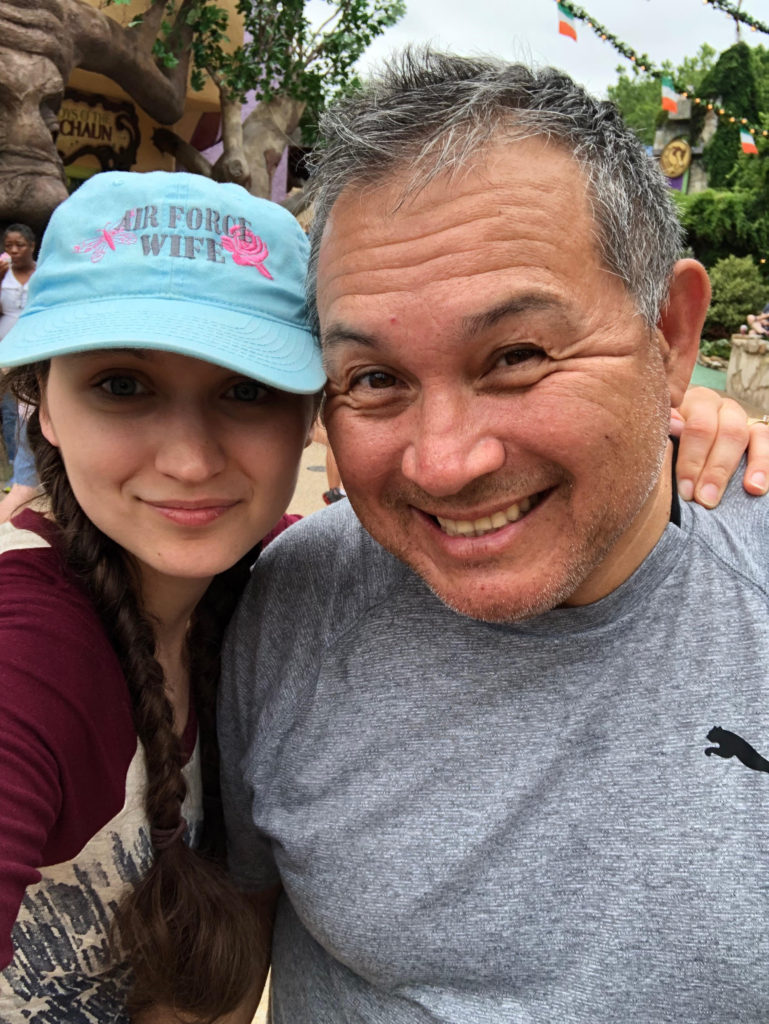
On my other side, I’m a second-generation American. My grandmother is from Korea, and my grandfather was from Poland, where his family was forced into slave labor by the Nazis during WWII. My grandfather’s mother married an American after her husband went to war, and he was eventually brought to America, where he joined the Army and went to Korea. There, he fell in love with my grandmother even though they barely spoke one another’s languages. Then, after being thrown from the brig for not asking the Army’s permission to marry her, he was eventually let free and restored to his position. He took my grandmother and her entire family back to the US, where my father was born.
And I grew up as a product of such.
I love my heritage. I think it’s pretty neat to have pieces of different people in my family. And it never failed to entertain.
The fact of the matter is that I’m just “exotic” (as coined by my parents) enough not to really look like most well-known movie characters or celebrities. I’ve been told I can’t be Korean “because you have blue eyes. I never found a doll that looked like me at Walmart. (They all had blue eyes and blond hair or brown eyes and brown hair) My family is totally the one that sticks out like a sore thumb when the Asian side of my family gets together, and I speak a whopping six words in Korean.
I’m also totally at home in Korean food markets, which has gotten me more than my fair share of confused looks from the other patrons.
Funny thing is that, at least in the US, my experience isn’t really that uncommon. I mean, how many of us are just “one thing” anymore? And how cool is that?
So cool, in fact, that I thought it was time to start moving reality into fantasy.
Finding Jaelle
I think a huge mistake some authors make is trying to make a character all about their culture and history. Rather than discovering that character as a person, they try to make them all about their history or their surroundings.
Our histories, cultures, and families definitely play roles in who we become. But they aren’t us. And it’s unrealistic to make a character a mix of all those things…and nothing more. Our characters become two-dimensional when we allow them to become stereotypes in an effort to let our readers know their backgrounds.
Jaelle is technically half-Asian and half-white. But that’s not who she is. She’s a young woman who loves her sister and is intent on saving her and finding their happy life together. She wants to do what’s right. Her parents have influenced her life, for better or for worse, but she’s her own person. And that’s really what I wanted to show.
Characters are people. And we do them injustice (and we cheat the readers) if we don’t treat them as such. Yes, Jaelle has brown eyes, dark, silky hair, high cheekbones, and a small nose. She has an olive complexion and a heart-shaped face. And yes, other people notice her because her features are rather unusual. But that’s not necessarily a bad thing. It’s just a piece of who she is; a tiny part of the jigsaw puzzle that is Jaelle.
I wanted to make Jaelle real. I wanted to hear her story in a world of mixed histories. And I hoped it would give my readers a sense of unity, the understanding that different skin colors and histories and cultures can be great additions to stories and add depth to characters…
But the characters, just like us, are their own. They should be people like us who have everyday struggles and mountains and valleys and hopes and dreams and hobbies and everything else that makes humans who we are. We can enjoy diversity without turning it into a weapon. And if I ever lose sight of that, I can always think back to the conversation I have often when my daughter asks me,
“Mommy, why did God make people look different?”
And I can say with confidence that God created so many different kinds of people because if we were all the same, we would be boring. And God’s creation leaves “boring” in the dust.
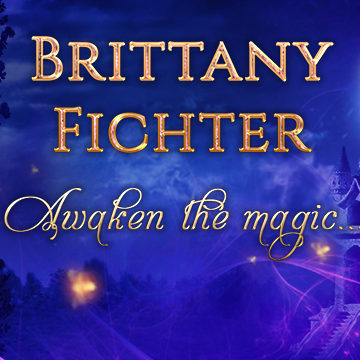

Hello, Ms. Fichter! I recently rediscovered your work, thanks to the new release of A Curse of Gems (I’ve read Girl in the Red Hood a while ago but haven’t continued since then, something which I intend to remedy beginning now). That being said, I’m really excited to binge-read the released Classical Kingdoms novels sometime soon, and A Curse of Gems is high on the list. No one EVER writes Diamonds and Toads retellings anymore, which is a real shame! And I’m more determined than ever after reading this post– which is so truthful and beautiful and really touched my heart. I’m a teen aspiring to be an author someday, and though I’m not biracial I am the Chinese-Korean kid of a pastor and a missionary. (Though, LOL, my English and Chinese are decidedly better than my Korean. So we have that in common.) Your unique ancestry is really neat! I admire that you’re showing everyone that our nationalities and races do not define us, because we were all made equal in the image of God and that is just beautiful to think about. 🙂
Thank you so much for your encouraging words. And thank you for sharing about your life as well! I tried to learn Chinese on an app and did really well for a few weeks before falling off the wagon. So that needs to be remedied for me. Are you on my newsletter list? I send out notifications when I have sales and such on there, which is handy, especially if you’re not in KU. I’m curious, how do you think being a missionary’s child will influence your writing? Because that sounds like you’d havea lot of unique material to work with that a lot of us wouldn’t have. Thanks for writing in!
You’re welcome! Haha, Chinese is ridiculously hard (all the tones and the characters and idioms just… sigh). They say “Chinese is the language of heaven, because it takes eternity to learn it,” which is a joke in our family. I think I’m subscribed to your newsletter… I subscribed to the list for the story extras, but I’m not sure if that’s the same as the newsletter? As a missionary kid, a lot of big events in my life (moves across continents, around the country, some trips in other countries) are influenced by my parents’ job. I’ve also grown up taught that artistic talents are best when used for the Lord, which is something I’ve learned over the past years and believe with every fiber of my being. I also know of some differences and similarities in two or three totally different cultures– America, China, and Korea– and I’ve had many more opportunities to learn about others. Overall, I think the biggest part is that I want to write for God and for other people, because I’ve seen for myself the fruits of such conduct and am constantly reminded how much people need Jesus. 🙂
That was a beautiful message you wrote, about your heritage and about life. I am glad to see you celebrate diversity and endeavor to share that with your readers. Thank you 😊.